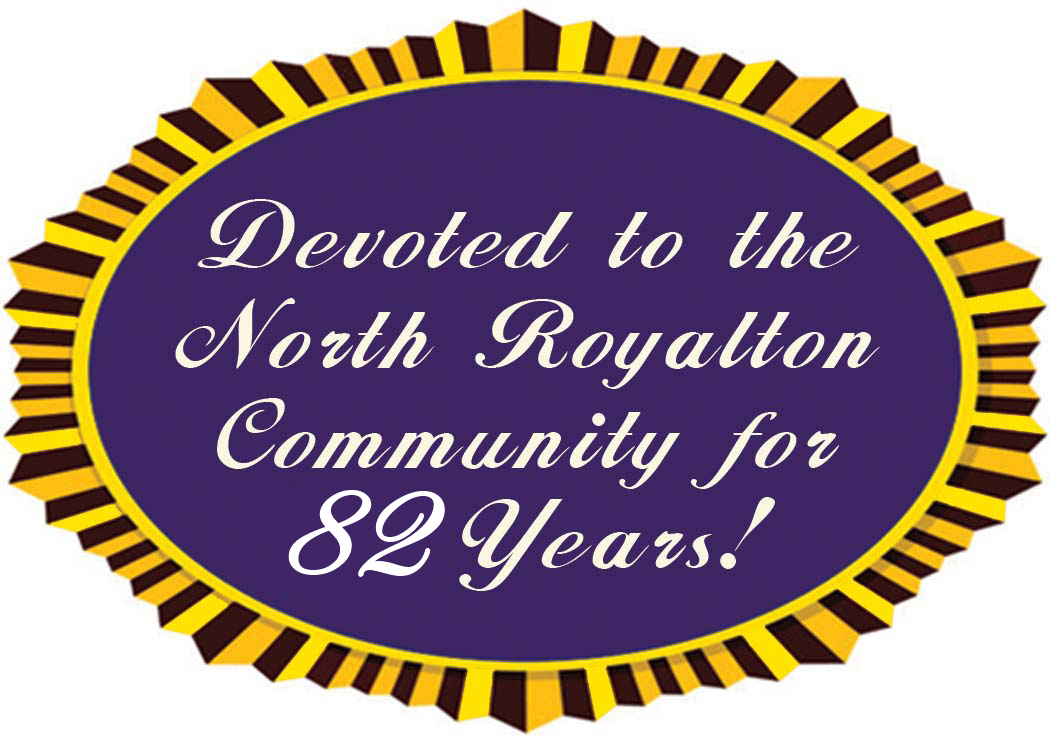The latest round of the oil/gas drilling case has come to a close. The City of North Royalton recently learned that they prevailed in the latest round in the Ohio Court of Appeals, Tenth Appellate District. The decision was rendered on May 17 on the matter of Richard J. Simmers, Chief, Division of Oil & Gas Resources Management versus the City of North Royalton,
The case was based on a mandatory pooling order for the area north of Royalwood Road, west of State Road, requested by Cutter Oil. Part of the area included about two acres of city owned property. The state’s Attorney General Mike DeWine, who represented the Ohio Department of Natural Resources, (ODNR) had filed an appeal with the Franklin County Tenth District Court of Appeals on a decision made by Judge Richard A. Frye of the Franklin County Court of Common Pleas, Civil Division, siding with the city. That ruling was made on August 27, 2015.
On the Tenth District Court of Appeals Document Statement Summary of Assignment of Errors, it was noted that the reason for the appeal is as stated: “Whether the trial court erred in affirming the Oil and Gas Commission’s decision remanding the mandatory pooling order of the Chief issued under R.C. (Revised Code) Chapter 1509, where the Court concluded the Chief must have considered safety matters alleged by the City in his review of whether involuntary participants in the pool were offered lease terms on a “just and equitable basis” pursuant to R.C. 1509.27, and when safety considerations are reviewed in the drilling permit application process undertaken by the Chief that is associated with the pooling unit that is the subject of the pooling Order?”
The mandatory pooling order had been issued by the Chief of the ODNR in January 2014. The initial decision came in December of 2014, when the Ohio Oil and Gas Commission reversed the mandatory pooling order that involved the almost two acres of city streets in the proposed area. “In a unanimous vote the Commission members found that the Chief needs to take into account in his decision the legitimate concerns of the municipal government regarding safety, which he did not do in his order of January 2014. The Commission, which hears appeals from the decisions of the Chief, ruled in favor of the City and directed that the entire matter be sent back to the Technical Advisory Committee (TAC) for review and recommendation,” according to North Royalton Law Director Thomas A. Kelly. The Committee questioned whether the negotiations by Cutter Oil with the city were “just and equitable.” They noted that Cutter was generous with a signing bonus and royalties, but ignored the city’s concerns regarding safety issues. The appeal was then filed by DeWine.
The three-judge panel voted 2-1 in favor of the city. Tenth District Court of Appeals Administrative Judge Gary Tyack ruled that “in order to determine whether lease negotiations were undertaken on a just and equitable basis, it may be necessary to consider factors other than finances in order to understand the impact of mandatory pooling on affected landowners. Thus, it was reasonable for the commission to conclude that focusing solely on economic factors was too narrow a view given the overall purposes of the mandatory pooling statutes. In considering all the evidence, the commission found there have been numerous drilling permits issued in North Royalton, and along with increased drilling activity, there had arisen a series of safety and operational issues regarding those wells. Substantial municipal resources were expended in addressing those issues. In light of the experiences the city has had with Cutter Oil drilling sites, it is not surprising that the city has taken a more cautious approach to the drilling of the Callas #8HD Well. The urbanized environment, the inexperience of Cutter Oil in drilling a horizontal well, and prior safety incidents with other Cutter Oil wells in the community are of special concern to the city that is not only a landowner, but a governmental entity charged with the responsibility to protect the health, safety, and welfare of its citizenry.
Additionally, R.C. 1509.61 requires local governments to conduct public meetings concerning any lease agreements in urbanized areas. It makes no sense to create a mechanism whereby the public can voice its concerns about oil and gas drilling in an urban environment just to have those concerns brushed aside by the TAC and the chief when reviewing mandatory pooling orders in urbanized areas. By enacting the public meeting statute, the legislature must have recognized that something more than pure economics must be considered before a political subdivision enters into a lease agreement for the development of oil and gas in an urbanized area.
Finally, the chief’s position conflicts with the overall public policy of the State of Ohio concerning the health, safety, and welfare of its citizens as articulated in Newbury Twp. Bd. of Twp. Trustees, quoted above. Furthermore, it appears that the safety concerns of the residents and public officials of North Royalton were dismissed and not considered by TAC, and that at no point did the chief consider the history between Cutter Oil and the city or the city’s safety concerns in his evaluation either in the mandatory pooling process or when granting the drilling permit.”
Judge Jennifer Brunner concurred and Judge Lisa L. Sadler concurred in part and dissented in part. Sadler stated that “I conclude that the common pleas court erred by finding that the commission’s order was lawful and reasonable, and I would overrule appellant’s second assignment of error and sustain appellant’s first, third, and fourth assignments of error, reverse the judgment of the Franklin County Court of Common Pleas, and remand the case to the commission to reinstate the chief’s mandatory pooling order.”
Stefanik said that he is delighted that yet another level of the courts has agreed with the city and has affirmed that the matter of safety in the matter should be important. He also noted that determining criteria for drilling should be different between urbanized and non-urbanized areas. “There is a small difference, but it should be revisited,” he said. “The oil and gas companies should not be able to dump a well outside someone’s bedroom window.”
According to Assistant Law Director/1st Assistant Prosecutor Donna M. Vozar, the matter of the Cutter mandatory pooling order has since expired. The city is not bound by that order. It is possible, however, for the ODNR to appeal this matter to the Ohio Supreme Court.
By GLORIA PLEVA KACIK
Contributing Writer






